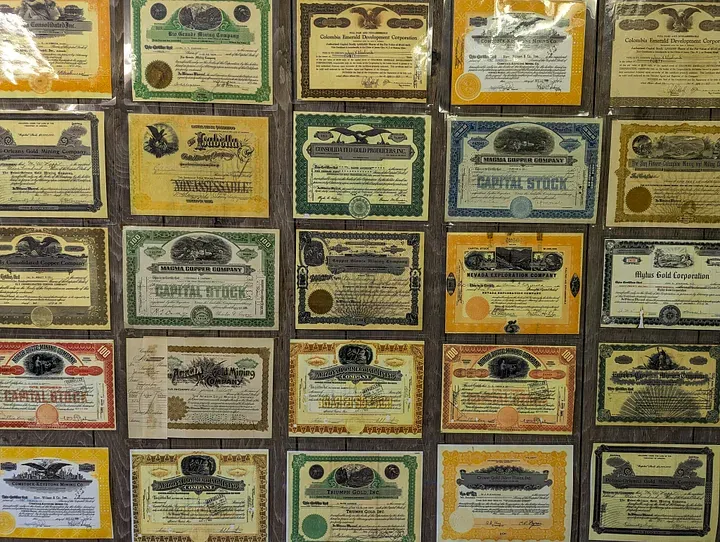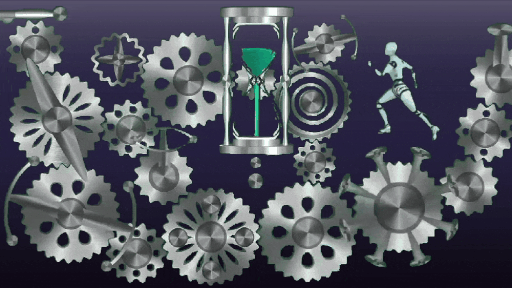Unions Are Doing Humanity a Tremendous Service

Greetings friends!
As a longtime corporate executive, I naturally hated unions and all they stood for. With a little bit of distance, I can now see that unions are a force for good.
I disliked unions for multiple reasons:
- They distracted management’s attention from more pressing business issues, for example by asking the company to take positions on polarizing social issues.
- They slowed down decision-making, at least in countries where we were mandatorily required to consult with the union before taking certain actions.
- They raised employee costs by seeking higher pay and benefits for employees.
Who wants a cancerous organism inside the company (so I once thought) that throws up obstacles and makes us less competitive?
That attitude is what leads to rancorous relations, heated rhetoric, and labor unrest.
How lovely that there is another way to look at unions that reveals their beneficial impact. To understand it, we must understand how companies respond to their environments.
Companies are highly adaptable
Corporations are one of humanity’s most wonderful creations. From nothing, we create a separate legal entity that takes on an independent existence. The corporation has a host of rights and obligations, just like individuals do.
And amazingly, unlike those who create it, a corporation can exist indefinitely. A successful corporation will surely outlast the lives of its founders and generations of managers and employees.
Companies that obtain these extended lifespans share several characteristics:
- Their managers see the world as it is, not as they wish it would be.
- Their leadership guides the business through changes in response to signals from the market.
- Managers leverage existing competitive advantages while ceaselessly looking for new advantages.
These factors help us understand the beneficial impact of unions. Let’s look at the auto industry to illustrate.
The unpleasant situation auto manufacturers currently face
I am sure GM and Ford wish that their labor costs were as low as those of Tesla and Toyota.
But there is no confusion in the respective boardrooms about the facts: with the union deals recently announced, the legacy U.S. automakers will have employee costs considerably higher than those of their competitors, with hourly wages up to twice as high.
Politicians want to see profitable but gas-powered pickup trucks and SUVs give way to lovely, leafy, emission-free fantasies, er, electric vehicles.
What is a beleaguered and put-upon auto manufacturer to do? Yes, seek to ride the gravy train of sustainable slush funds as long as they can be grabbed. But these are available to all, so an insufficient differentiator.
The answer lies in the signal, in this case coming from within.
If costs are high and rising, you seek productivity gains. If human productivity is artificially lowered by union pressure (i.e., striking for higher pay), you must find productivity elsewhere.
Auto manufacturers have been notoriously tough with their suppliers for decades, and thus can’t squeeze nearly enough profit from their partners to cover the new employee demands.
Unions will usher in the golden age
When your employees are too expensive, your choices to increase productivity are (1) hire fewer of them, (2) hire cheaper employees, or (3) substitute them.
The first two options have been rather handily excluded by the unions. In the past, this would have meant a permanent loss in competitiveness for the car companies and their predictable eventual bankruptcies. But no longer.
That’s because AI-enabled automation is rapidly enhancing the capabilities of manufacturing robots.

It will take a generation to play out, but I predict union employment by the legacy automakers to have reached its peak, from which it will steadily and irrevocably decline.
Until only a handful of employees remain who keep the automation running.
- Great if you are currently employed.
- Great if you are an automation engineer.
- And great for humanity, which will continue to have access to affordable transportation.
Not so great for the unions themselves.
Can we not agree their sacrifice for our benefit is a noble thing?
Be well.
If you are wondering how to fill the abundant free time you will have once we enter the age of machines, I encourage you to subscribe to see more of my work.






Member discussion